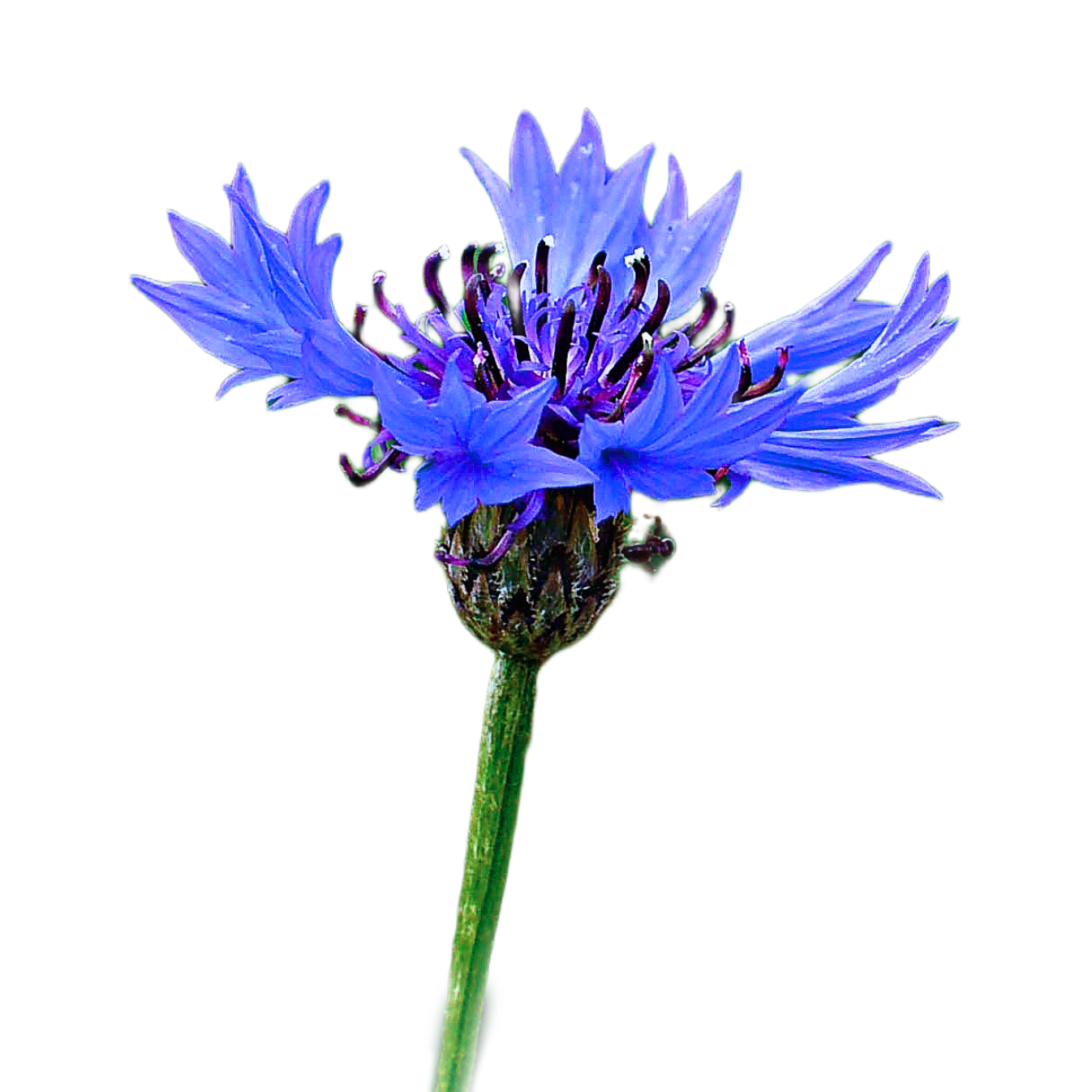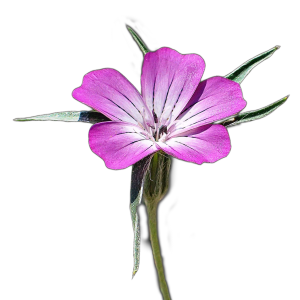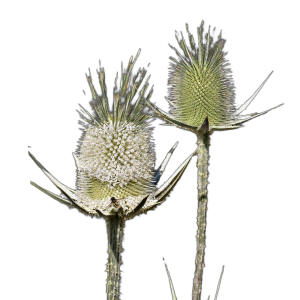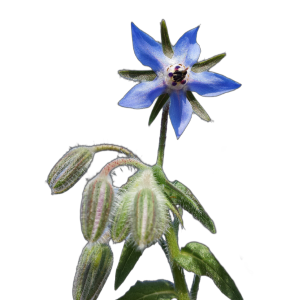Cornflower (Centaurea cyanus "wild") 2g, ~420 seeds
875 Ft
The cornflower(Centaurea cyanus) is one of our best known and most loved wild flowers, along with the poppy. Loved by pollinators, it flowers for a relatively long time in the garden. It is a medicinal herb, its flowers are edible, it used to be used to make dye, but it is also excellent for tea, which also gives it a beautiful colour. Early spring sowing with early flowering is an important time for pollinators, but it can also be sown in the autumn, in which case it will have bushier growth in spring/early summer. This seed is the single-flowered, wild blue variety, but the colourful, double-flowered, grafted form and its black-and-blue cousin are also available in our webstore.
Features:
- other names: daisy, celestial flower, cornflower, blue cornflower, blue flower, succulent, wild musk, sowing slip, imolya, blue concolor, yarrow
- Latin name: Centaurea cyanus
- family: asteraceae
- life cycle: annual
- flowering period: may-october
- size: 40-60 cm
- soil: dry, average
- growing area: sunny
- other: herb, tea plant
- seeds origin: Hungary
- pollination factor: 8/10
1 packet contains 2g, about 420 seeds.
For betting suggestions and more details, scroll down.
In stock
Description
The cornflower(Centaurea cyanus) is one of our best known and most loved wild flowers, along with the poppy. Loved by pollinators, it flowers for a relatively long time in the garden. It is a medicinal herb, its flowers are edible, it used to be used to make dye, but it is also excellent for tea, which also gives it a beautiful colour. Early spring sowing with early flowering is an important time for pollinators, but it can also be sown in the autumn, in which case it will have bushier growth in spring/early summer. This seed is the single-flowered, wild blue variety, but the colourful, double-flowered, grafted form and its black-and-blue cousin are also available in our webstore.
Features:
- other names: daisy, celestial flower, cornflower, blue cornflower, blue flower, succulent, wild musk, sowing slip, imolya, blue concolor, yarrow
- Latin name: Centaurea cyanus
- family: asteraceae
- life cycle: annual
- flowering period: may-october
- size: 40-60 cm
- soil: dry, average
- growing area: sunny
- other: herb, tea plant
- seeds origin: Hungary
- pollination factor: 8/10
Sow the seeds in spring or autumn in prepared soil or pots. Sow the seeds in their final location. Cover the seeds very thinly with soil. Water them. Keep the soil moist for the first 1-2 weeks. Flower as an annual by 8-10 weeks after sowing. Delight in the spectacle!
If you want to enjoy a flowering garden that lasts all summer, you should sow 1-1 batch every 3-4 weeks.
TIP: sown before/when the spring bulbs flower, the annuals will flower just as the spring bulbs are disappearing and will cover the drying foliage of the bulbs.
Cornflower is found in the following seed mixtures:
Bee no?
Oh, Romeo
More information
| Mass | 5 g |
|---|---|
| Lifecycle | |
| Species | |
| Demand for light | |
| Dispensing | |
| Special feature | for beginners, edible, for balcony/terrace, houseplant, tea plant, cut flower |
| Height | |
| Quantity | |
| Ancestry | |
| Colour | |
| Talaj | |
| Flowering month | long flowering, May, June, July, August |
| Water demand |
Only users who are logged in and have already purchased the product can write a review.
Related products
-
-
Add to basket
- Add to wishlistAdd to wishlist
Add to wishlistAdd to wishlist -
Add to basket
-
-
Add to basket
- Add to wishlistAdd to wishlist
Add to wishlistAdd to wishlist -
Add to basket
-
-
Add to basket
- Add to wishlistAdd to wishlist
Add to wishlistAdd to wishlist -
Add to basket
-
Add to wishlistAdd to wishlist









Reviews
No reviews yet.